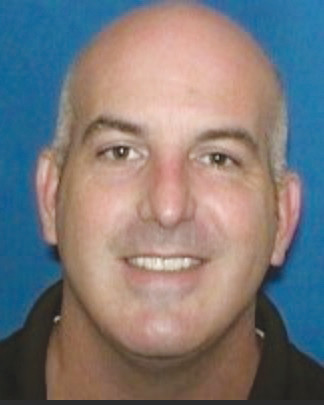Stop using the term “Death Panels” in healthcare reform
“Death Panels” – one of the most bombastic and inflammatory terms that are bandied about when one discusses healthcare reform.
When a politician or legislator wields that terminology, they are sure to stir strong feelings in the public. Using that language causes one to imagine a team of ghoulish committee members, rubber stamping cases as to who lives and who dies.
As any clear-minded and forward-thinking individual can understand, death is the expected end of our time on this Earth as mortal beings. The fact that our lives will someday end has been a subject of philosophical thought and religious exploration for as far back as recorded time.
All of us would like to have as much say over how our lives end as possible. For the lucky, they will have a peaceful death, surrounded by family and friends, in a setting of their choice while having medical care provided that will ensure their comfort and quality of life.
What is difficult is the time before the actual end of our lives, where many individuals and their families end up utilizing the healthcare system at the highest levels, seeking to increase the number of days they have left. While there are times when it’s reasonable and prudent to seek aggressive, invasive medical care in order to prolong life, there are also times when such care does little more than decrease the quality of a person’s life. In other words, for some individuals with chronic, end-stage, life-limiting illnesses, repeated hospitalizations and procedures actually become more burdensome than beneficial.
Several well-known studies establish that a small percentage of us (from 5-20 percent) are responsible for most of the healthcare expenditures our country makes in a year (from 50-80 percent depending on the study). It is most likely that these individuals have chronic, end-stage, and life-limiting illnesses – but feel they have no other choice than to access the healthcare system through emergency rooms via ambulance, having healthcare crises that they see as requiring immediate expert medical care.
As medical professionals can attest, many chronic, end-stage, and life-limiting conditions have “management” options but no “curative” options. An individual of advanced age with heart failure, whose heart has weakened to the point of functioning at 10-15 percent, can have excess fluid drained off of them (management option) but are not candidates for heart transplantation or extensive surgery (curative options). Similarly, those with end-stage liver disease, end-stage COPD, and late-stage cancers find very little benefit to their long-term prognosis through repeated hospitalizations.
Currently, these individuals and their families can opt to continue accessing the healthcare system, being readmitted to a healthcare system that can only offer management options – not a cure. These individuals are better served with a form of medicine that focuses on managing their symptoms, establishing goals for how to take care of them based on their wishes, and enhancing their quality of life.
Even more important to the healthcare reform debate is normalizing a form of medicine that reduces hospital admissions and allows people to receive medical care at the setting of their choice. That area of medicine is called palliative care.
Palliative care is currently under-utilized in the healthcare system. At any one time, studies show that an average of 4 percent of individuals in an inpatient setting are receiving palliative care. Palliative care can also include hospice services, which are medical services that follow an individual wherever they are, and provides equipment and medication as well as a physician, nurse, nurse’s aide, social worker and chaplain.
While purveyors of scare tactics and rhetoric will use the term “death panels” to scare individuals into believing that healthcare reform is seeking to bar them from receiving medical care, the truth is that a bipartisan effort to expand palliative care would ease the burden on the healthcare system and could be a solution for many currently suffering through unnecessary, ineffective medical treatments that destroy their quality of life.
No “death panel” will remove your medical care, but medical care that is focused on what’s in a person’s best interests for the end of their life should be provided when faced with late- and end-stage conditions.
Matt Swanhart is a 30-year resident of Clay County, currently serving the community as a licensed clinical social worker at St. Vincent’s Clay County and is a graduate of Clay County Public Schools and Florida State University.








